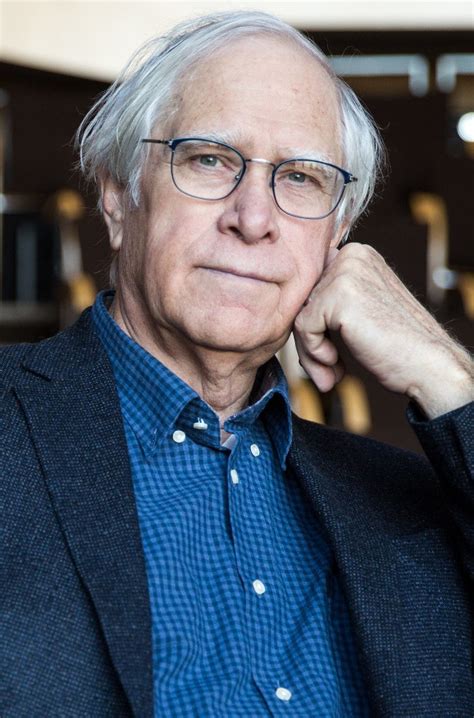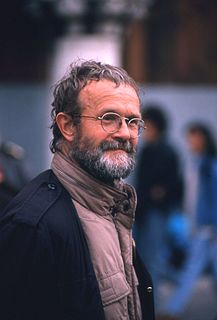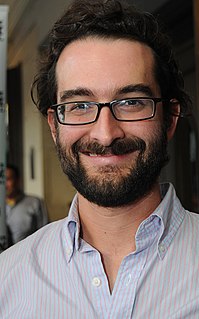A Quote by John Sandford
There are two worldviews in thriller writing: the paranoid view, like Chuck Logan's, that everything is inside a large clockwork. I like those books; they're intricate and thought out, but my view is that everything is chaotic and stupid. Chaos reigns, and civilized people do what they can to hold it back.
Related Quotes
It's like so great to be in Toronto and to see everything that's in the books and everything they reference and to be able to hang out in those places and go to those bookstores and those comic book stores and those music stores, and like have that, from the books onto the screen, is so cool and I'm glad to have been part of that.
From a policymaker's point of view, [the back door] must look like a perfect solution. "We'll hold onto a separate copy of the keys, and we'll try to keep them really, really safe so that only in an emergency and if it's authorized by a court will we bring out those keys and use them." And, from a policy point of view, when you describe it that way, who could be against that?
All of creation, in the biblical view, was to ultimately prepare the way for the creation of man. But one does not need the Bible alone to hold this view. A purely scientific reading of the universe is in keeping with this view. Everything - every natural and physical law - is exquisitely tuned to produce life, and ultimately man, on earth.
Mathematicians are beginning to view order and chaos as two distinct manifestations of an underlying determinism. And neither state exists in isolation. The typical system can exist in a variety of states, some ordered, some chaotic. Instead of two opposed polarities, there is a continuous spectrum. As harmony and discord combine in musical beauty, so order and chaos combine in mathematical [and physical] beauty.
When you're writing a book, it's rather like going on a very long walk, across valleys and mountains and things [...] The highest mountain on the walk is obviously the end of the book, because it's got to be the best view of all, when everything comes together and you can look back and see that everything you've done all ties up. But it's a very, very long, slow process.
Imagine a set of people all living in the same building. Half of them think it is a hotel, the other half think it is a prison. Those who think it a hotel might regard it as quite intolerable, and those who thought it was a prison might decide that it was really surprisingly comfortable. So that what seems the ugly doctrine is one that comforts and strengthens you in the end. The people who try to hold an optimistic view of this world would become pessimists: the people who hold a pretty stern view of it become optimistic.
It's joyful in that there's another point of view on all things, you know, not just mine. That's why I like to write and collaborate with people. There's another point of view, and when those two things come together, and people work at it really hard, they get something that is the whole is more than the sum of - is that how you say that?







































